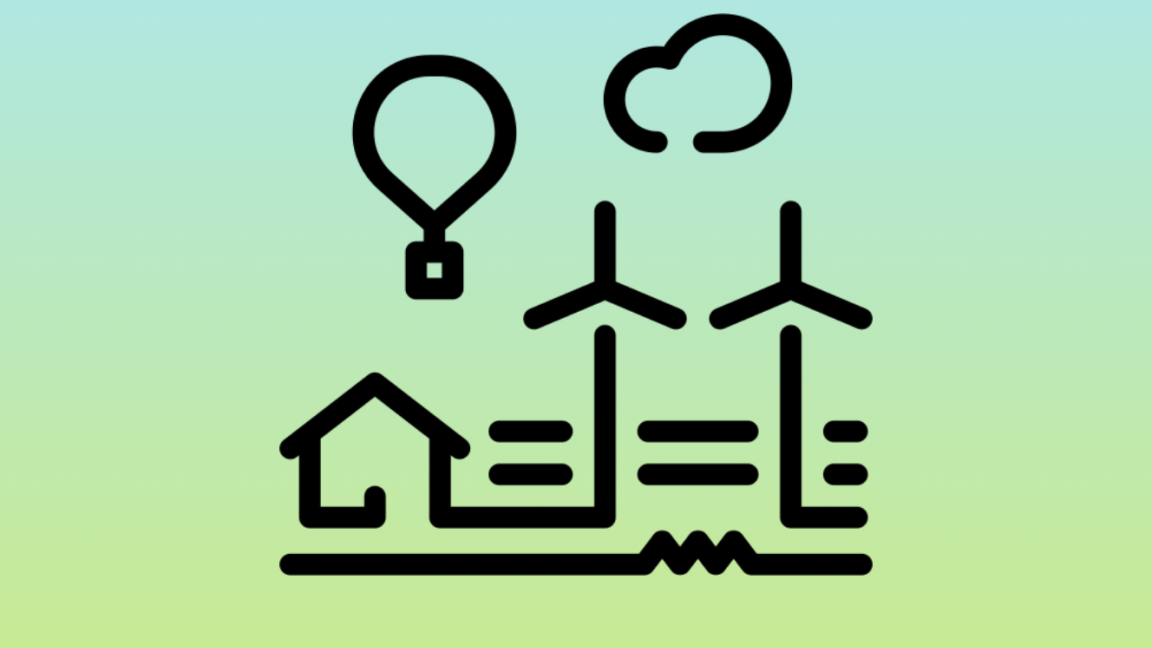A reliable, affordable and clean energy supply is a basic prerequisite for sustainable development, yet millions of people worldwide live without consistent access to power. We help our partners to shape the energy transition – promoting socially just, economically sound and environmentally friendly approaches.

Energy for development
Mains electricity – still an unattainable luxury for many. As the climate crisis intensifies, the global energy transition presents an opportunity: clean energy for all, economic growth and climate action in one.
The energy transition: driving progress
Nothing works without energy: schools have no lighting, hospitals are unable to function and companies cannot produce. Yet countless communities worldwide live without a reliable power supply. At the same time, the burning of oil, gas and coal is worsening the climate crisis.
The energy transition is about more than just technology: it represents a social transformation – a shift away from fossil fuels and towards wind and solar power, batteries, hydrogen and energy efficiency. This creates clean energy while also stimulating economies and improving people’s lives. We support our partner countries in modernising and expanding their energy systems – with affordable technologies that work on the ground.
Climate action has a global impact
Around three quarters of all greenhouse gas emissions are energy-related. The good news is that the roll-out of clean energy is gaining momentum worldwide. More than twice as much money is already flowing into clean energy as into fossil fuels.
The problem is that only around 15 per cent of this investment is reaching developing countries and emerging economies outside China. Investment in renewable energy and energy efficiency has particular impact in these countries as it quickly reduces costs, improves living conditions and directly benefits the environment.
Together with our partners, we bring expertise, technology and financing solutions to where they can make the biggest difference – thereby actively supporting climate action.
Germany benefits too
International cooperation in the energy sector builds trust, creates markets and forges partnerships – and this is also beneficial for Germany:
- It strengthens global energy security
- It opens up emerging markets for green technology
- It creates career opportunities for skilled workers who are also needed in Germany.
The technology has now progressed to the point that solar and wind energy are the cheapest energy sources almost everywhere. Battery storage systems are increasingly affordable. Cost-effective electrification of much of the heating demand is possible. The switch to renewable energy and energy efficiency is beneficial for the climate and from an economic perspective.
Climate action and the energy transition are not just a matter of global responsibility – but also a smart investment in our future in Germany.
Our services
Whether the focus is on mini-grids in Africa, solar projects in Asia or efficiency programmes in Latin America, we work with our partners to develop strategies and solutions that have a sound technical basis, are politically feasible and meet local needs. Our goal: 100 per cent clean energy – worldwide and for all. To this end, we advise:
- Energy ministries and regulatory authorities on drafting suitable laws and regulations
- Grid operators on planning and operating their power grids
- Universities on developing initial and continuing training programmes
- Banks on developing and implementing financing solutions
- Energy suppliers and authorities on community electrification and promoting the use of efficient stoves (clean cooking)
- Companies and their associations on realising new opportunities
- Associations on developing structures and information campaigns.
Examples of projects


